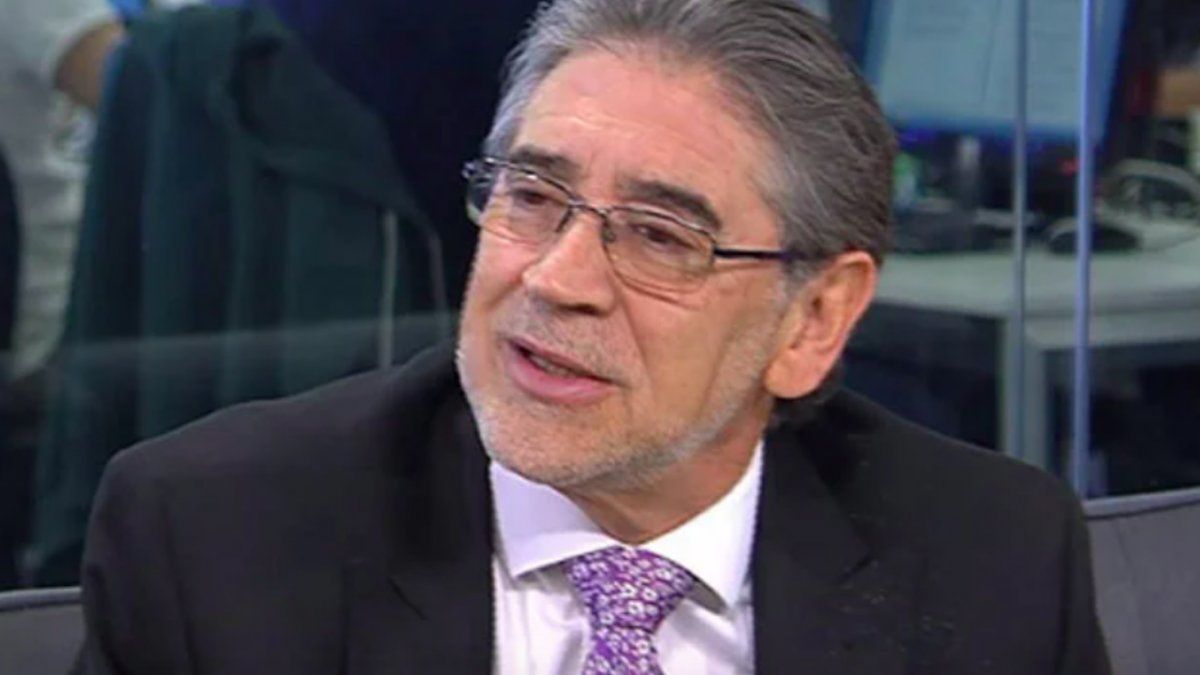The economist endorsed President Javier Milei’s DNU as a base condition for the private system to have “all the appropriate signals and the adjusted legal framework” to take the lead in this regime change.
These statements reflect concern about the imbalance in relative prices, inflation, challenges in the labor market and productivity as a key factor to improve the national economy, according to Szewach.
The Economist Enrique Szewachwho was a member of the Mediterranean Foundationoffered his view on the current moment of the economy, the DNU of Javier Milei, salaries, pensions and the Argentine labor market.
The content you want to access is exclusive to subscribers.
“Now we are in the macro moment of rearranging variables and beginning to see if all of this that we are seeing joins with a regime change programwhich has had a very strong signal from President Milei and which now has to come to fruition,” the economist began by saying in statements to Radio Rivadavia.


Regarding the DNU, Szewach pointed out that it is “well, on some issues, but there is still a lot left”. For the economist, today the ground is being prepared for a stabilization program, about which he noted that “aspire“for what happens in the coming months when the private sector takes precedence over the public and for that to happen”It has to have all the appropriate signs and the tight legal framework”.
However, when asked about salaries, Szewach warned that he faces “a serious problem” in this aspect. “When you see the photo of the relative prices, one of those that was most out of place is the salary”, and then add that so are retirements.
In the past, “When these stages of stabilization were entered, they were entered with a certain unorthodox attitude; in this case, they started with an extremely orthodox program.” with long-late salaries, Szewach commented.
Szewach’s most relevant statements address several key economic aspects:
- Misalignment in salaries and pensions: He points out that salaries and pensions have become unbalanced in relation to other relative prices, and affirms the need to readjust this part of the economic scenario.
- Increase in prices and exchange rate: He explains that Argentina has experienced a transition from backward and regulated prices to international prices, due to an “overshooting” in the exchange rate. He mentions that the advance in the rise of the dollar sought to mitigate the impact of inflation, but made products based on the dollar and imports more expensive.
- Salary situation and its solution: He considers that delayed salaries could be resolved in part through joint negotiations.
- Inflation and economic activity outlook: It suggests that if inflation moderates in February or March, the problem would not be so serious, but warns of a possible recession or decrease in activity if the inflationary increase persists.
- Challenges in the labor market: It highlights the importance of productivity and the need to introduce changes to improve it, as well as the relevance of competitiveness to boost wages, emphasizing avoiding union pressures and the need for structural changes.
These statements reflect concern about the imbalance in relative prices, inflation, challenges in the labor market and productivity as a key factor to improve the national economy, according to Szewach.
Source: Ambito




